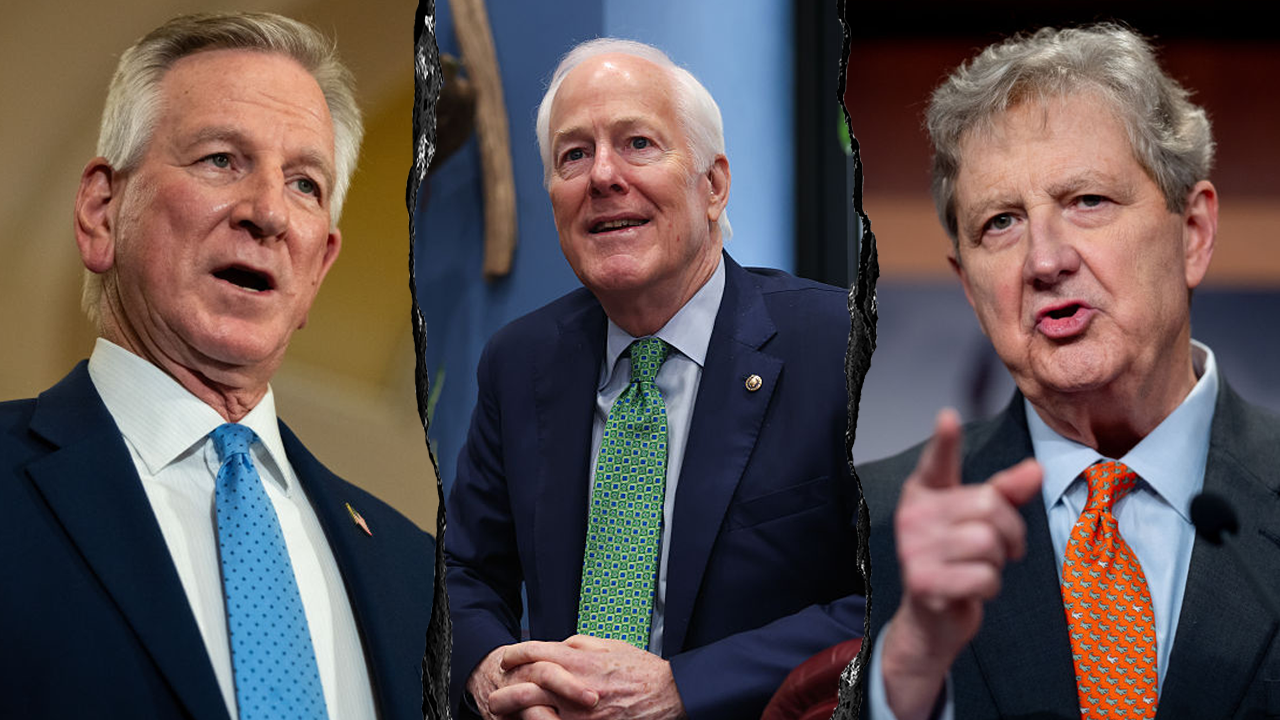Cornyn on injunctions: If a judge wants to make political decisions, run for office

The Supreme Court heard its first case Thursday regarding nationwide injunctions, a practice where federal district court judges issue rulings that impact the entire country. This has sparked a debate among proponents who believe this practice should be abolished.
Senator John Kennedy, a member of the Senate Judiciary Committee, expressed his concerns about universal injunctions, stating that it is the judiciary’s role to adjudicate the law, not create it. He emphasized the importance of judges following the law and not overturning it based on personal disagreement.
Kennedy highlighted the history of universal injunctions, which have been around since the 1960s but have increased in recent years. He pointed out that during President Donald Trump’s tenure, there were nearly 100 rulings against him, indicating a trend of judges trying to circumvent the law.
In a Fox News Opinion piece, Kennedy criticized the concept of universal injunctions, noting that there is no statutory basis for such injunctions. He stressed the need for judges to uphold the law rather than advancing personal agendas through judicial activism.
Senator Tommy Tuberville, who supported Senator Charles Grassley’s Judicial Relief Clarification Act (JCRA) to end universal injunctions, called out “woke” judges who prioritize personal beliefs over the will of the American people. Tuberville emphasized the importance of judges upholding the Constitution and enforcing the law rather than making political decisions.
Senator John Cornyn also voiced his support for ending nationwide injunctions, describing them as a significant problem that hinders the president’s ability to govern effectively. He called for action either through the Supreme Court or legislation like Senator Grassley’s bill to address this issue.
In conclusion, the debate over nationwide injunctions continues to be a topic of contention among lawmakers and legal experts. The Supreme Court’s decision in the current case will have implications for the future of this practice, with advocates pushing for its elimination to uphold the integrity of the judicial system.




